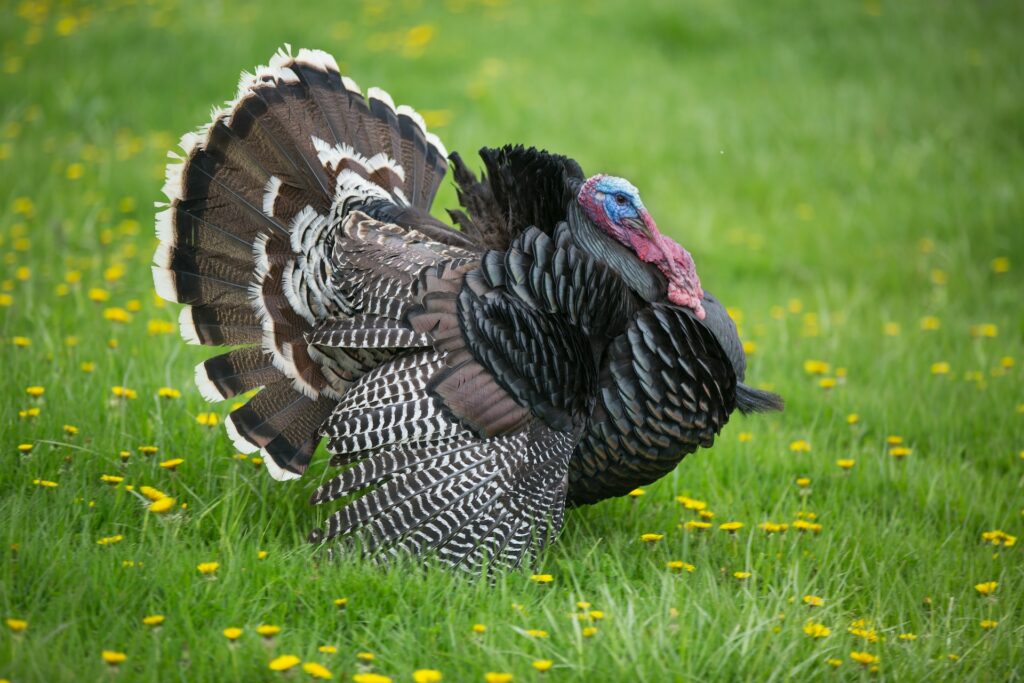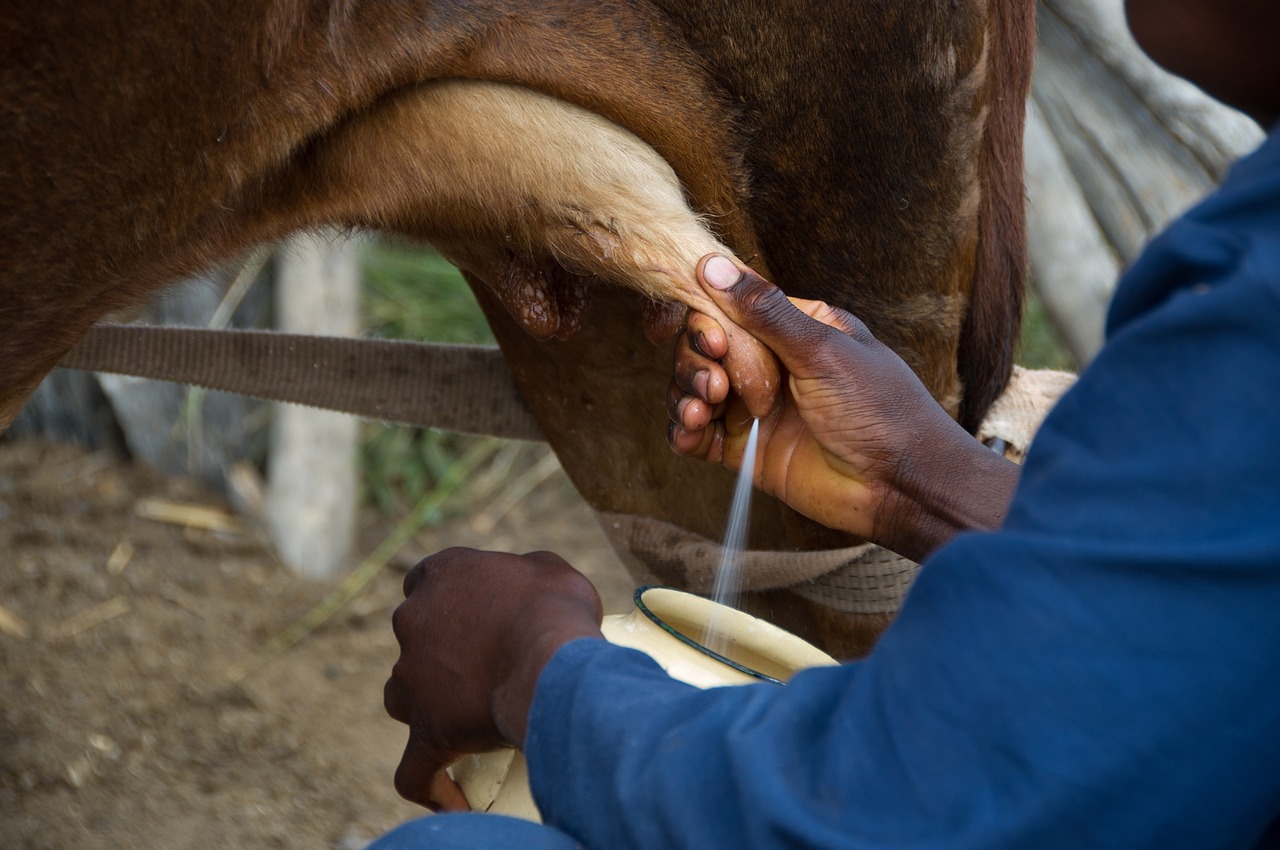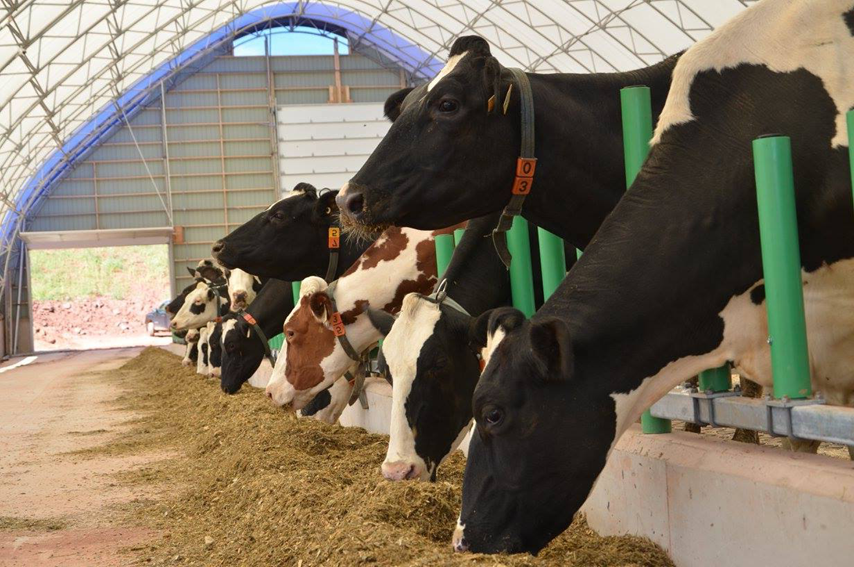Introduction
In the highly competitive world of poultry production, achieving cost-effectiveness and high product quality is crucial. Yet, specific challenges such as enlarged sternal bursa (ESB) and focal ulcerative dermatitis (FUD) in male turkeys present notable hurdles, often leading to significant economic losses. This blog post delves into these skin lesions, exploring their causes and discussing prevention strategies.
Understanding ESB and FUD
Both ESB and FUD are histological conditions predominantly affecting male turkeys. Their precise causes remain somewhat elusive, but research points to a variety of contributing factors. These include genetic strain, early body weight, photoperiod, stress, type of litter and flooring, sex differences, and dietary components like energy-to-protein ratio and fat content.

Factors Influencing Development
Studies indicate that male turkeys are more susceptible to FUD than their female counterparts. This could be due to males’ higher water intake, leading to damper litter conditions and subsequent irritation in the breast area. Other contributing factors include high ammonia levels and moisture in the litter. The type of flooring in turkey housing, like wire or slatted floors, also affects lesion development. Feather coverage over the breast area and the kind of litter used are additional considerations. Interestingly, certain lighting regimes, such as step-up lighting patterns, have been shown to reduce FUD incidence.
Prevention and Management
While completely preventing ESB and FUD is challenging, poultry producers can implement several strategies to reduce their occurrence. These include choosing the right turkey strains, managing early body weight, optimizing photoperiods, minimizing stress, ensuring effective litter management, and providing suitable flooring conditions.
Conclusion
Addressing the challenges of enlarged sternal bursa and focal ulcerative dermatitis in turkeys is not just about understanding these conditions; it’s also about embracing technological advancements to enhance poultry health management. Artemis Health, with its extensive experience in agricultural and software industries, offers a comprehensive online livestock health data platform that transforms how farmers approach these issues. By integrating digital record-keeping, predictive health tracking, genetic testing, and real-time epidemic monitoring, Artemis Health equips farmers with the tools to make informed decisions. This proactive approach to health management, powered by Artemis Health’s innovative solutions, is pivotal for reducing economic losses, improving turkey health, and ultimately driving profitability and sustainability in poultry production. Join us today to revolutionize your approach to poultry health management.





